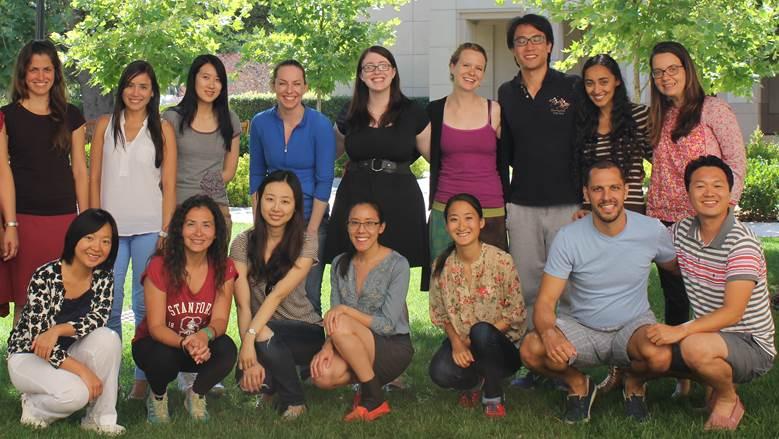
Stanford students in international education studies post final papers
The Stanford Graduate School of Education has added to its website the 14 final Master's papers from the Class of 2014 in International Comparative Education and International Education Policy Analysis.
While the Master's Program in International Education Policy Analysis was previously known as the International Educational Administration and Policy Analysis Program, its name was changed, effective Sept. 1, to the new shorter version. The curriculum and requirements remain the same, and members of the incoming class can choose to have either name on their diplomas.
Associate professor (teaching) of education Christine Min Wotipka is director of ICE and IEPA.
This is the 19th year that ICE and IEPA have posted graduates' final papers to an online archive. The faculty advisors for the Class of 2014 were Anthony Lising Antonio, Martin Carnoy, Shelley Goldman, Kenji Hakuta, Teresa LaFramboise and Francisco O. Ramirez.
The Master’s students in the Class of 2014 international education studies programs, along with their papers, are below. A SUNet ID and password is required to access and download PDF versions of the papers.
Marwa Abdel Fattah
Gina Andrade-Baena
Chentong Chen
Abigail Do
Die Hu
Erika V. Keaveney
David Dong Seong Ko
Elisa Lavore
Marcelo Martins
Kimberly K Moxley
Nozomi Nakajima
Maria Claudia Soler
Thais Junqueira Franco Xavier
Improving College Completion in Brazil: An Examination of Government-Subsidized Student Aid Programs
Peng Yin



